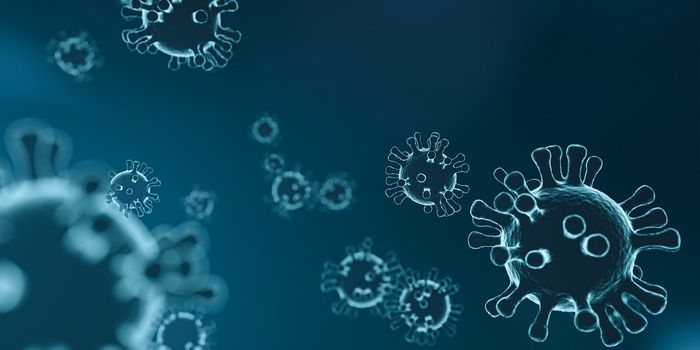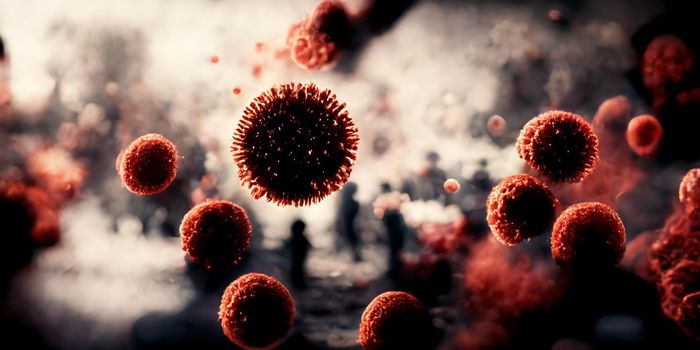New Class of Drugs for Breast Cancer Therapy

Scientists at Stevens Institute of Technology have designed a new class of molecules that may hold the potential to add to the arsenal of drugs actively being created to degrade or inhibit estrogen receptors: the molecular protein which is believed to be, over the last 30 decades of research, the single most proven target in breast cancer therapy. The new class of molecules utilizes a unique biochemical mechanism that may stop or eradicate breast tumors, especially for patients with drug-resistant breast cancer or in the stages of dangerous metastasis. These developed molecules are better known as selective estrogen receptor degraders (SERDs).
“The unique benefit of our compounds is that this is a fundamentally different type of structure that was previously not known to degrade or inhibit estrogen receptors,” explains lead researcher Dr. Abhishek Sharma, “It’s not a tweak of an existing drug; it works in a completely different way.”
Due to the clinical needs and huge market potential, multiple pharmaceutical companies have invested heavily in developing SERDs. However, these companies were mainly unsuccessful in that particular drug development due to their approaches. More specifically, they focused on modifying the structure of SERDs that was originally developed decades ago.

The main issue facing breast cancer therapy is that many tumors no longer respond to the intended treatments, this is the essence of drug-resistance. When tumors have become drug-resistant, healthcare provides seek toxic chemotherapies to prevent cancer from relapsing and progressing. Additionally, previous SERDs are challenging to ‘package’ into pills, and large, painful injections directly into a patient’s muscles are required. Recently, clinical trial drugs have been pulled out of studies because of side effects.
Breast cancer currently affects one in eight U.S. women and tens of millions worldwide. Now, researchers are seeking ways to better combat breast cancer.
The researchers placed a core substance for estrogen receptors into a series of experimental side-chain compounds known as degrons. Once the substance has latched to the estrogen receptor, the degrons destroyed it by hijacking a cancer cell’s protein-disposal machinery and changing the direction to the receptor. However, the research team went as step further by synthesizing several variations of the novel compound which were then tested to see how they molecularly interacted with the cancer cells’ estrogen receptors. The new drugs were found to degrade the estrogen receptors and inhibit cell signaling that cue for cell growth. Additionally, they blocking the estrogen from binding and inhibited the growth and proliferation of breast cancer cells. “We consider these results to be very promising,” said Dr. Sharma. “This is a novel molecular structure, and several analogues produced excellent early activity.”









